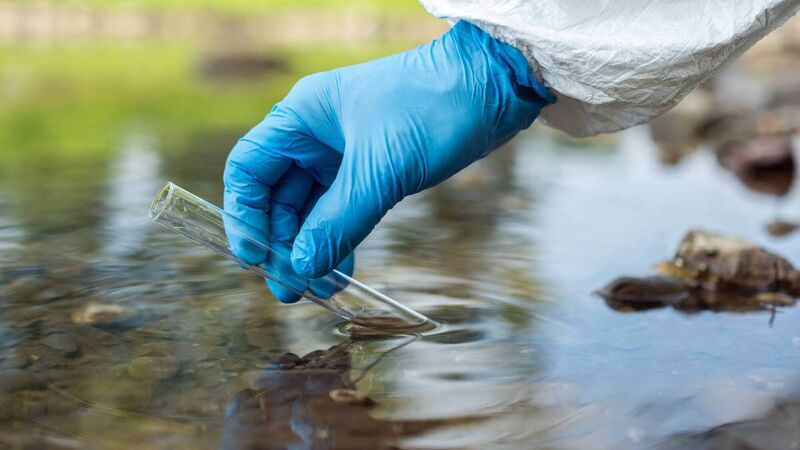Every small action counts: How ASSAP helps farmers protect water

Industry groups have warned that losing the derogation could spell the end for one in eight dairy family farms, a €555 million reduction in Irish farm income, and could reduce our dairy exports by one seventh. File photo
Water quality issues will decide if Ireland can retain a nitrates derogation into 2026. The outcome will determine stocking limits and reshape Ireland’s agri-food industry.
Industry groups have warned that losing the derogation could spell the end for one in eight dairy family farms, a €555 million reduction in Irish farm income, and could reduce our dairy exports by one seventh (Teagasc has estimated that losing the derogation could reduce milk production by as much as 1.2 billion litres).











